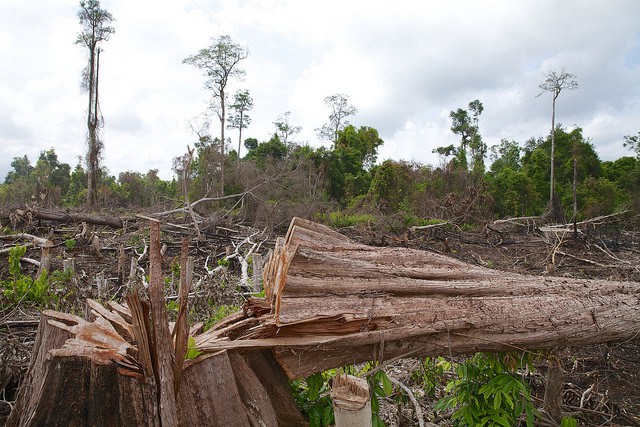Plantations International News

In Paris I got an apple for 50 cents.I paid both for the apple as well as the chain of actions that brought it to me; the growing of the apple, the transport of the apple, and also the sale of the apple.By completion
of the chain raisers of some products could obtain only 1-2 % of the cost I paid. That’s 1 cent if they’re lucky.But the development of the apple has done other valuable points that I didn’t pay for.The apple tree shops carbon and also creates oxygen. These are called ecosystem services.So, could we put
a monetary value on these processes too?That’s the concept that Frank Hajek, Executive Director of Nature Solutions Peru, presented to us at the Worldwide Landscapes Forum Social Coverage Bootcamp.
He is based in Peru where foresters only see 1-2 % of the price for the timber they generate. Without sufficient revenues they could make a decision to cut down their woodland as well as start a much more financially rewarding cacao plantation.On a big scale this could have international repercussions– woodlands are a huge carbon shop, with deforestation bookkeeping for as much as 18 % of worldwide carbon emissions, greater than transport and also aviation combined.There is a shared value for everyone in the upkeep of the Peru’s woodlands, but developing a system of monetary benefit for foresters is complicated.This week, Norway, Germany and also the UK have dedicated 5 billion dollars to guaranteeing the preservation of tropical woodlands, yet if the system doesn’t incentivize those who own and also deal with the land, it could not assist anyone.The valorization of carbon credits as well as their accreditation calls for countless intermediators, and an over-regulated system could possibly see the cash disappear to the wrong places.Hajek calls for simpleness.”If we set up the chain with a great deal of stars, as is happening at the moment, then it is not likely that much of the benefit from forest carbon credits will certainly reach the base of the marketplace.”The carbon market is not a fully grown one; we require to construct a Volkswagen as opposed to a Porsche.” We could speak about whether Volkswagen was the most effective example afterward, however it is reasonable to say regulations do not constantly work in the method there intended.Frank is associated with the advancement of a system that intends to strike a fairer equilibrium between the item
as well as the ecosystem solution.
As an intermediary he intends to discuss the danger as well as benefit with producers by signing agreements that commit to the forester obtaining a reasonable last rate of the product.For a greener world, everyone needs a reasonable bite of the apple. Plantations International
